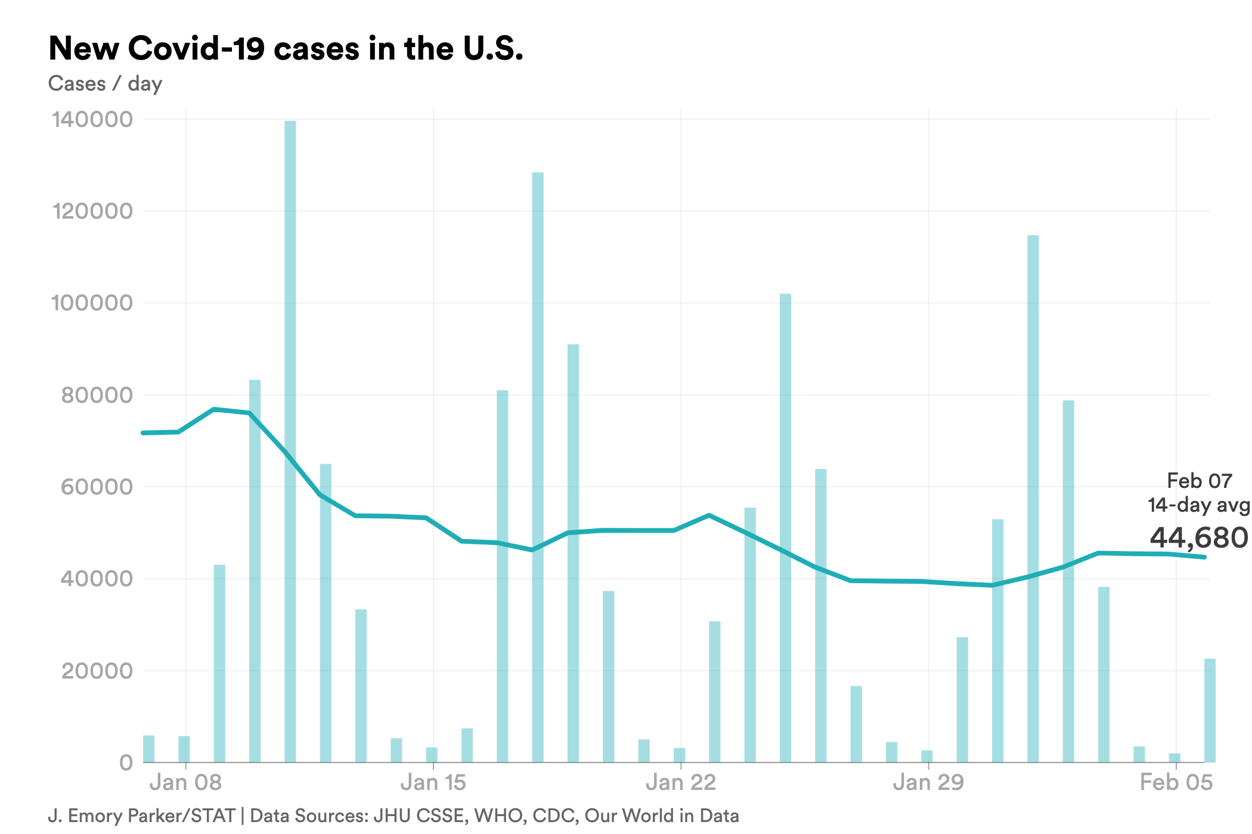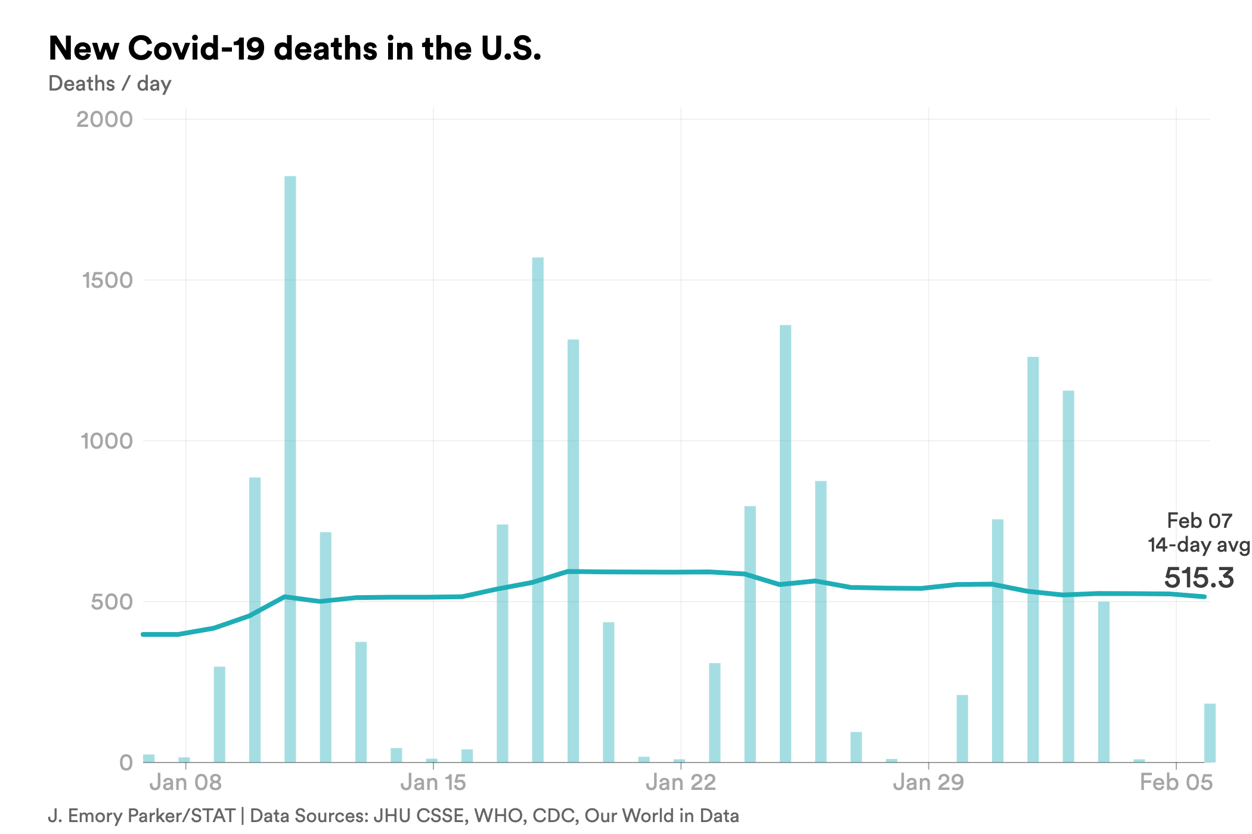Closer Look
Verily picks a turnaround artist as its new CEO

Mike Reddy for STAT
His job description as Verily's COO was to move the 1,100-employee company from a loose federation of moonshots to a cohesive business with clear commercial goals. Promoted to CEO, his next act will be leading a company-wide restructuring — and its mission to transform American health care with technology. Stephen Gillett isn't a doctor or Ph.D. scientist, but he has made a career out of navigating unfamiliar terrain.
Some history: He took a top position at Best Buy with no background in consumer electronics, other than being an accomplished gamer. When he joined Starbucks in 2008, he didn't even drink coffee. At both companies, he executed dramatic business turnarounds. People who've worked with him told STAT's Casey Ross that Gillett has a striking capacity for managing complexity. Read more on what he brings to the challenges ahead.
Pharma
Drugmakers spend more to promote products with lower added benefits
Drugs ads may be annoying. They're also expensive for drug companies, but they work to prompt patient requests ("ask your doctor …"). A new study in JAMA that analyzed where advertising dollars go found that among top-selling prescription drugs in the U.S. in 2020, more of a drugmaker's promotional budget went to drugs rated as having a lower added benefit compared to existing medicines than went to drugs with more benefit. "Benefit" was assigned based on how Canada and France assess these drugs for their health systems.
As the study authors note in the first sentence of their paper, the U.S. and New Zealand are the only countries that allow direct-to-consumer drug advertising. But they also remind us the Inflation Reduction Act, signed into law last year, will require Medicare to consider the comparative effectiveness of drugs chosen for price negotiations starting in 2026.
health
Opinion: Marketing from formula companies continues to undermine breastfeeding
"Breast is best," the saying goes, and most expectant mothers do want to breastfeed, although many don't. One reason: marketing tactics of companies selling formula. A new series of papers published in The Lancet describes how formula companies sell their products as scientifically "closer" to human milk, suggesting that formula makes babies settle, digest with ease, sleep better, and even become more intelligent. These marketing messages paint typical fussiness or crying as problems solved with their specifically formulated products. And mothers believe them.
These claims are based on selective, misleading, or poor-quality evidence that is often marked by industry influence, Cecília Tomori, a co-author of the Lancet series, writes in a STAT First Opinion that compares the formula industry's playbook to tactics more familiar from tobacco and fossil fuels. "Breastfeeding is a human right, and so should access to evidence-based information to be able to make informed decisions about it," she writes. Read more.
by the numbers


No comments